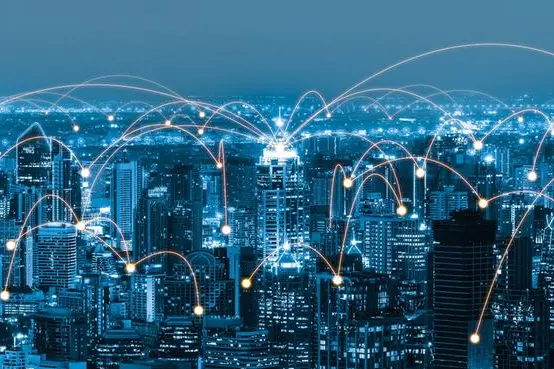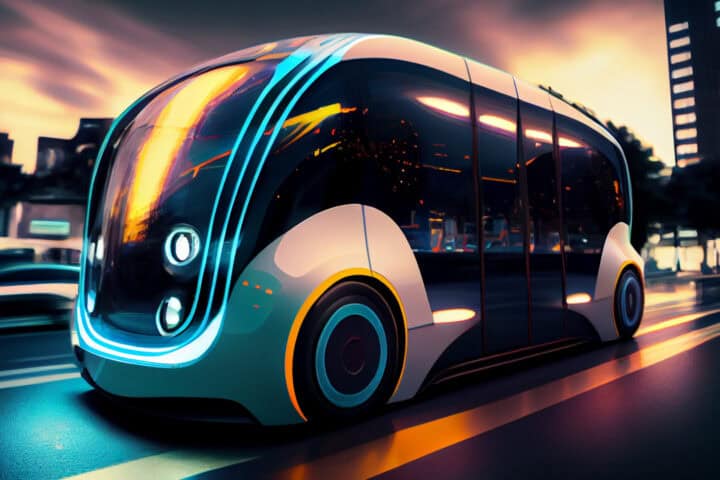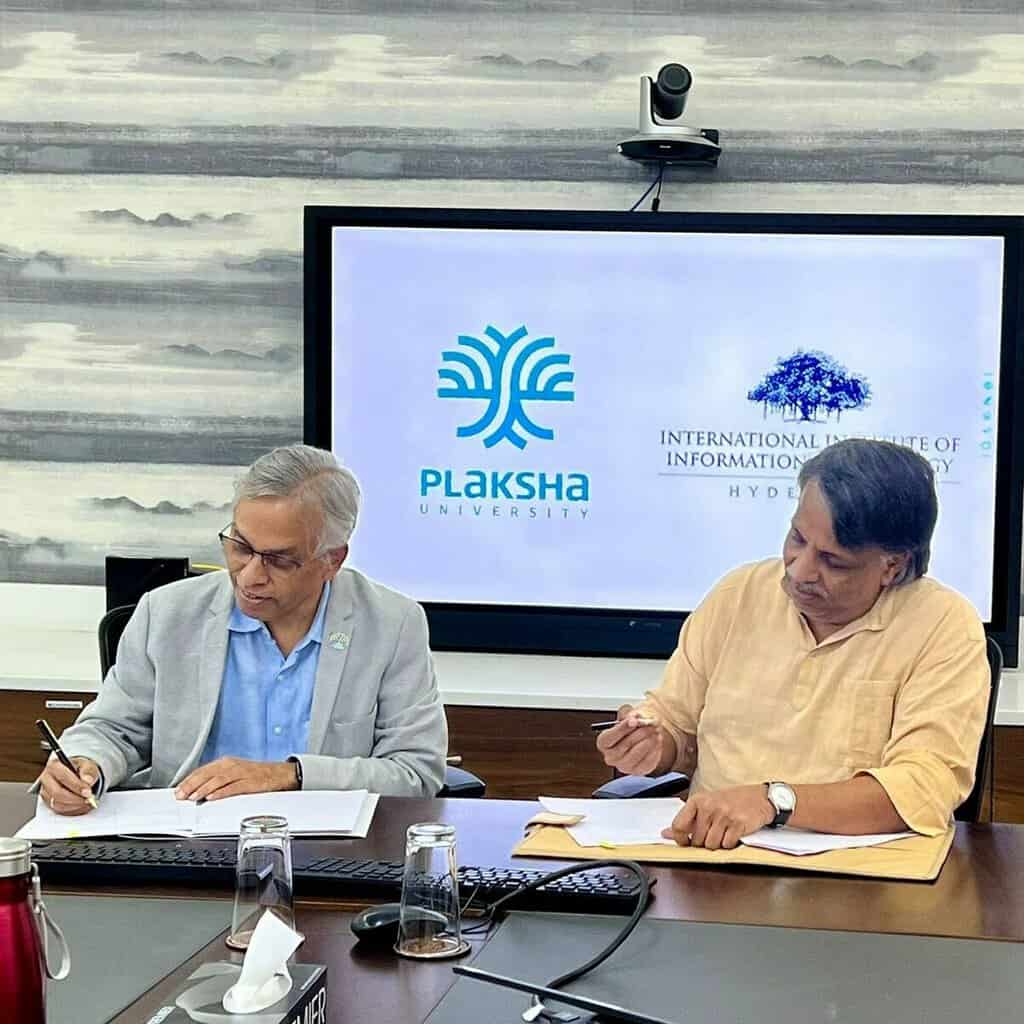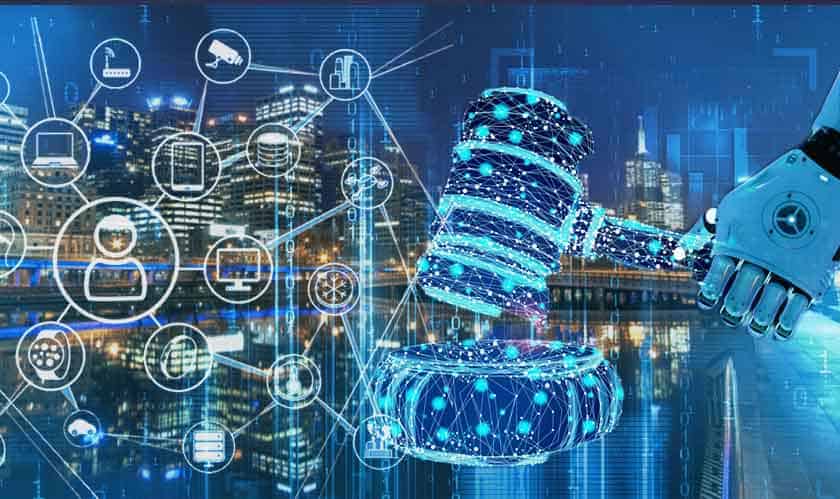At the 2024 Bipartisan Tech Policy Conference, urban technologists explored the evolving landscape of emerging technologies, including autonomous vehicles, and the challenges and opportunities they present for urban planning and policymaking.
Ricky Santiago, the digital inclusion manager for Louisville, Ky., emphasized the need for agility and foresight in policymaking around emerging tech, suggesting that while urban planning may have a long-term vision, policies for emerging tech must be shorter and more nimble.
The rapid pace of technological advancement necessitates proactive strategies to stay ahead of the curve, particularly in areas like connected vehicles and artificial intelligence. Policies around emerging tech, often intertwined with discussions on smart cities, require continuous adaptation to keep pace with evolving technologies such as scooters and self-driving cars.
Raza Panjwani, senior policy counsel for the Open Technology Institute, highlighted the dynamic nature of emerging tech, noting its potential to impact various sectors beyond transportation, such as the metaverse and artificial intelligence.
Taylor Carter-Disanto, deputy director of broadband and digital equity for Baltimore, emphasized the importance of prioritizing technologies that genuinely improve lives and promote equity. Access to technology, particularly broadband, plays a crucial role in addressing societal disparities and empowering underserved communities.
Overall, the discussions underscored the pivotal role of intentional and thoughtful technology deployment in enhancing the quality of life for residents and promoting equitable access to opportunities.
Navigating the Urban Tech Landscape: Balancing Emerging Technologies, Policy Agility, and Digital Equity, news from the Bipartisan Tech Policy Conference
Urban technologists at the recent 2024 Bipartisan Tech Policy Conference discussed the various ways emerging tech like autonomous vehicles have evolved.
Emerging technologies in transportation, smart cities and other facets of urban focus are often fast-moving and complex, offering challenges around implementation and policymaking.
If urban planning has a 30-year vision, the planning and policymaking around emerging tech needs to be shorter, more nimble and more in the span of five years, Ricky Santiago, digital inclusion manager for Louisville, Ky., said at Wednesday’s 2024 Bipartisan Tech Policy Conference in Washington, D.C.
“Innovation should be looking, and keeping the pulse … actually deploying offensive strategies toward emerging technology,” he said. “I think one of the most challenging parts of urban tech is, on the community side and on the government side … there’s very few of us that actually have a pulse on the emerging technology.” The event was organized by municipality and broadband advocacy group Next Century Cities.
Navigating the Urban Tech Landscape: Policy Iterations in the Era of Emerging Technologies
Conversations and public policy around emerging tech — batched in with the same policies and debates around smart cities — are as fast-moving, and often as iterative, as the technology itself. Cities have had to quickly find their footing in the fast-developing space of connected vehicles, artificial intelligence and new transportation options like micromobility.
“Emerging technology could be scooters,” Santiago said. “Scooters could be a thing, and now we have to develop policy around, ‘where do you ride your scooter, or where do you park them?’”
Headlines five to 10 years ago touted the promise — and even inevitability — of self-driving cars, said Raza Panjwani, senior policy counsel for the Open Technology Institute, who also spoke at the event’s panel on emerging tech.
“And everything kind of went quiet, for a lot of reasons,” Panjwani said. “But slowly, in the background, you’re starting to see some of these technologies start to roll out more and more.”

Beyond Hype: Navigating Emerging Technologies for Real-World Impact and Digital Equity
Because emerging tech will often sprout as one idea or concept, then develop in ways not always imagined, he explained, some of the same technologies powering autonomous vehicles can be found in other areas like the metaverse, the decentralized web, or in artificial intelligence.
“All of these things are eventually going to come back in some form that’s probably more usable,” said Panjwani. “So I would say, be aware of what’s in the hype cycle phase, and be aware of the sort of, now we’re in the real product phase.”
But ultimately, the real question for cities — and also tech developers — is how will the technology improve lives, said Taylor Carter-Disanto, deputy director of broadband and digital equity for the city of Baltimore.
“What does that actually mean, and who really cares about that?” Carter-Disanto said. “All of these things are definitely front of mind for city government. But I think for us, we’re in a position of figuring out, what is worth that investment of time? How can we see the actual impact in our community?”
Technology, when it’s intentional and thoughtful, can help to improve the lives of residents, Carter-Disanto stressed, offering the expansion of, and access to, broadband as a prime example, which can be “a tool for liberation for communities that have been left down by a lot of these discriminatory practices for a very long time.”
And indeed, said Santiago, “access to technology will be the major equity barrier in our society.”










